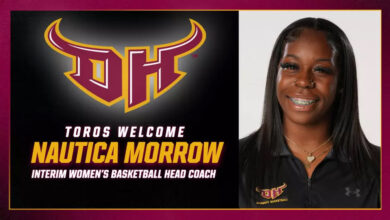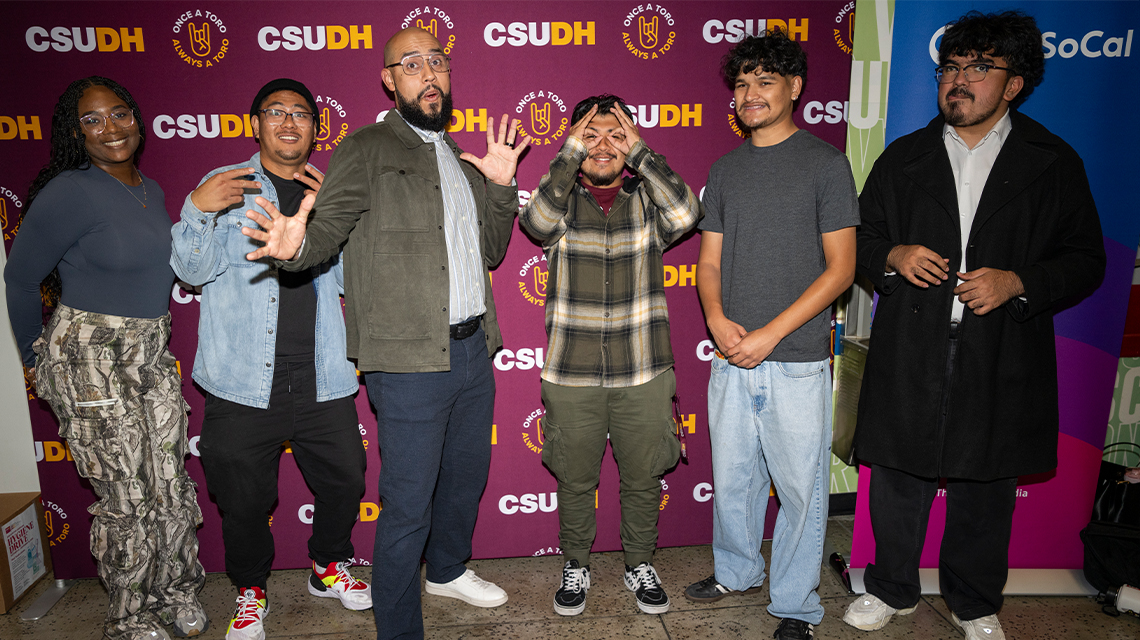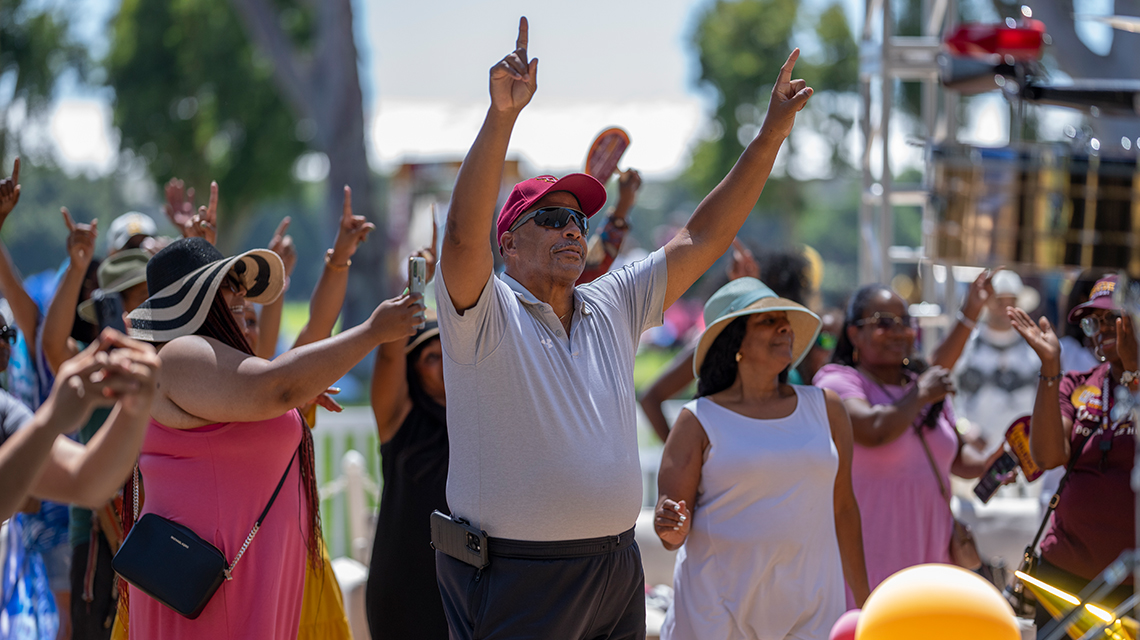Alumni
Featured Stories on CSUDH Alumni
-
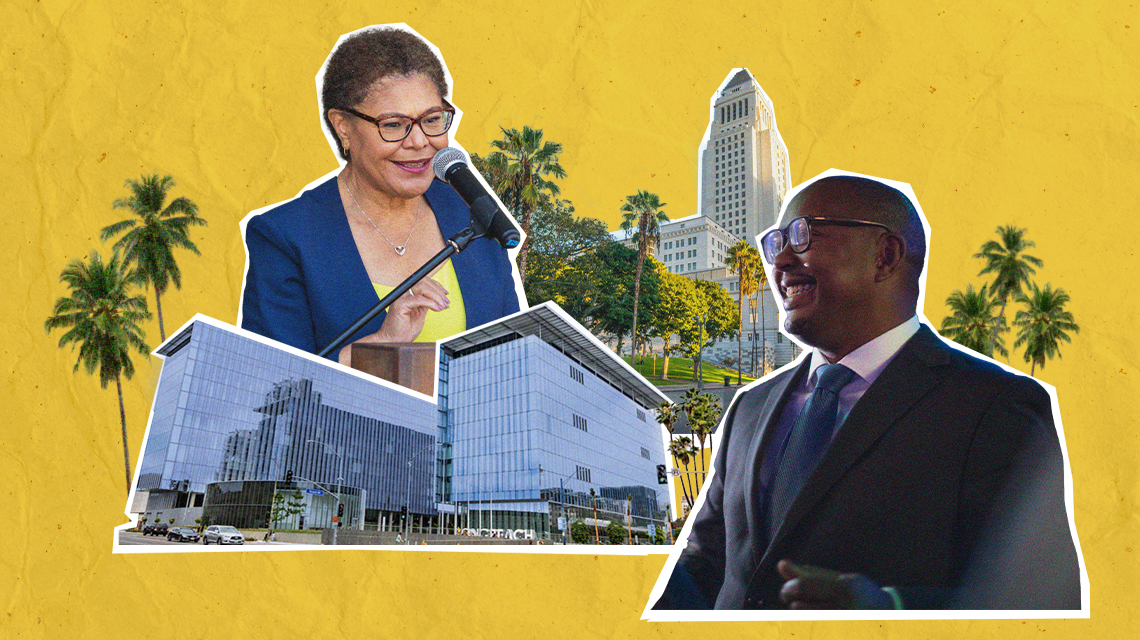
Toros Take Local Mayoral Races
CSUDH alumni Los Angeles Mayor-elect Karen Bass and Long Beach Mayor-elect Rex Richardson. After days of vote counting, CSUDH alumni…
-

CSUDH Alum’s Student Film Becomes Award-Winning Documentary
When Johnny Gonzales was a student in CSUDH’s Television Arts program, the topic for his student film was an easy…
-
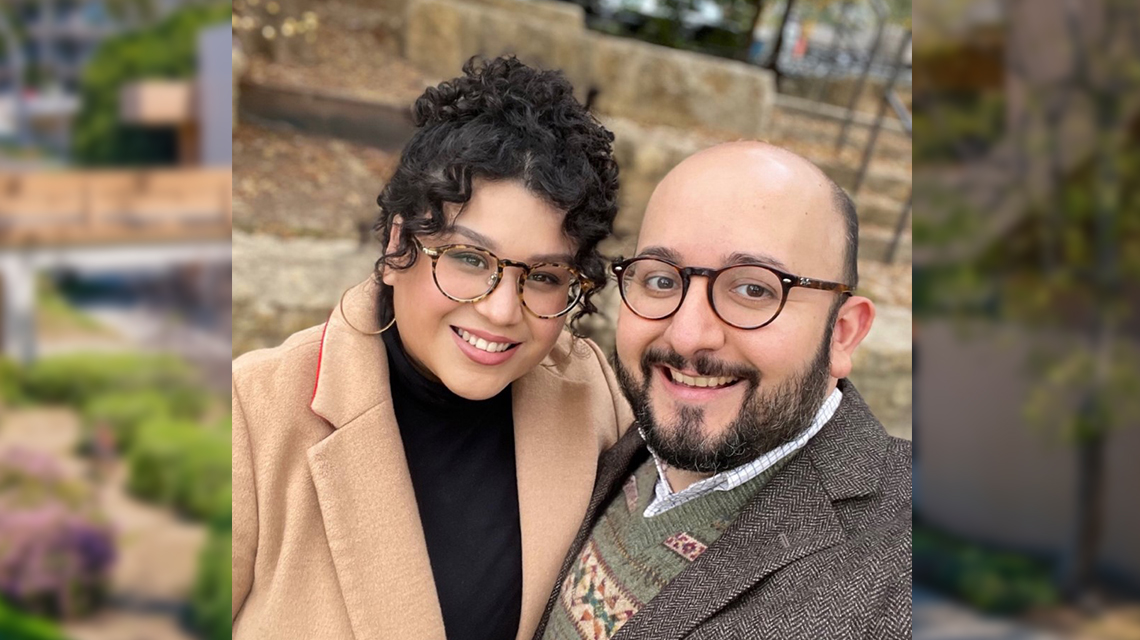
CSUDH Alumni Bring OT Skills to Their Texas Practice
CSUDH Occupational Therapy (OT) alumni Hiram Corona Martinez and Vanessa Yanez long dreamed of running their own practice – and…
-
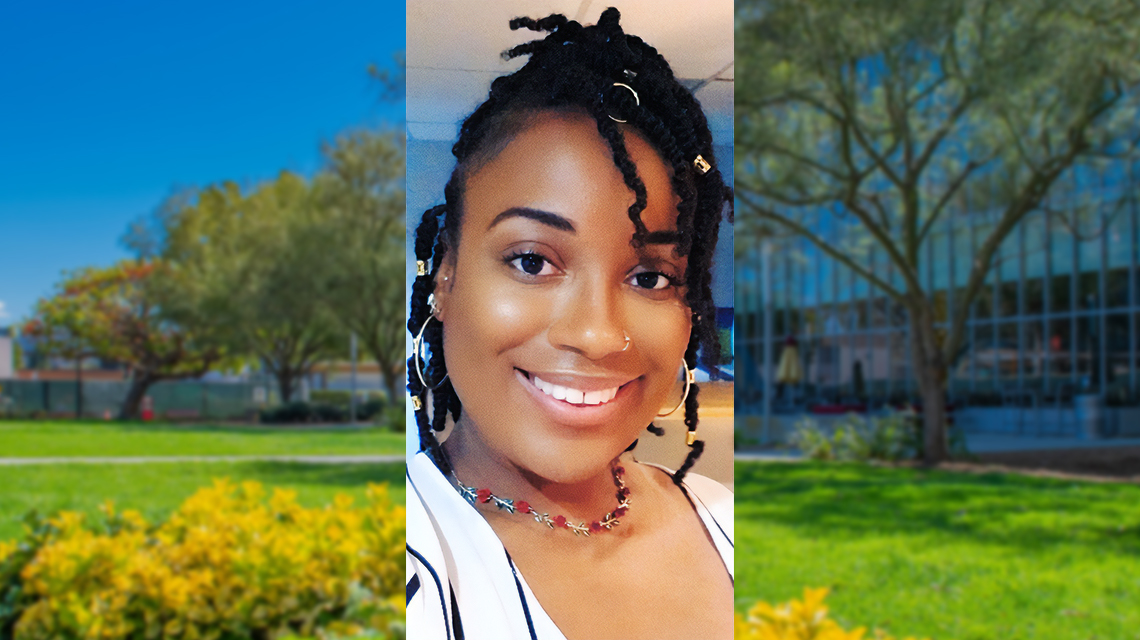
CSUDH Alumna Helps the Public Stay Healthy
During her first meeting as a member of the McNair Scholars Program, CSUDH alumna Kristi Sprowl (BS, ’16) was asked…
-
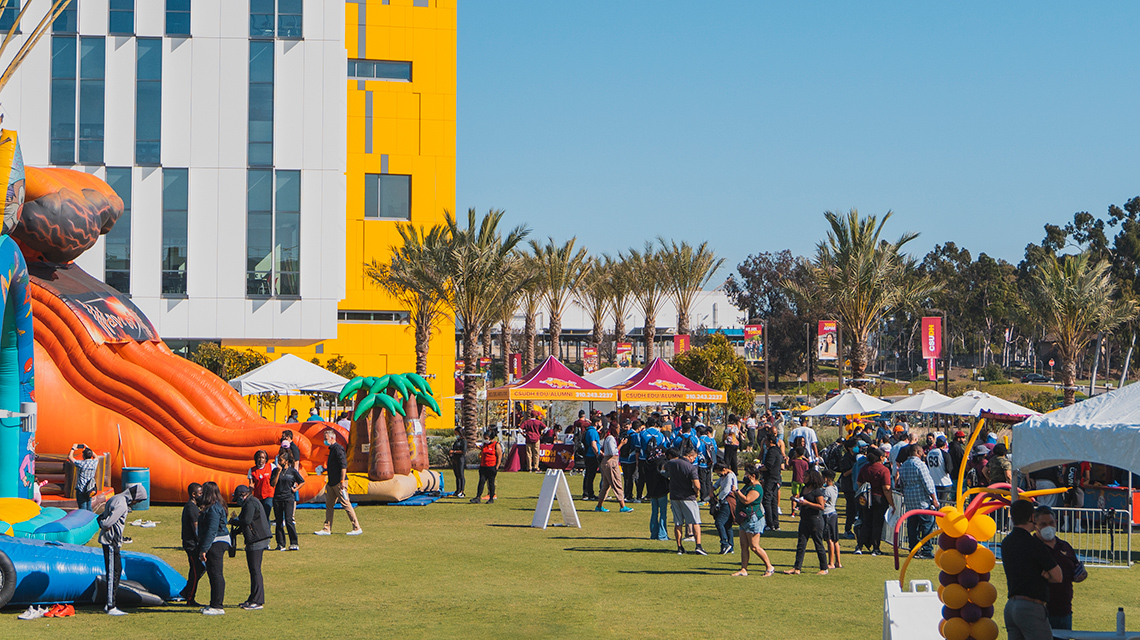
Homecoming 2022 Brings Toro Alums Back to Campus
CSUDH celebrated Homecoming 2022 on Saturday, Feb. 19, welcoming hundreds of Toro alumni and their families back to campus for…
